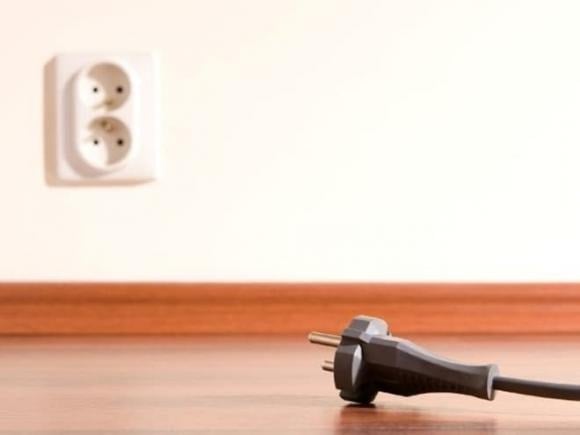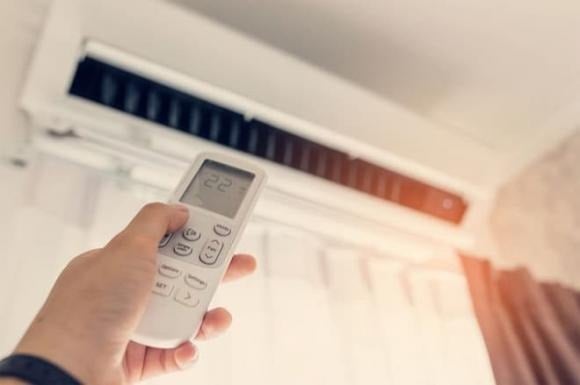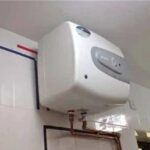To lower your monthly electricity bill, consider implementing the following methods. Summer heatwaves often lead to increased electricity usage and, consequently, higher bills, causing financial strain on many households.
In addition to the energy-saving tips you may already be familiar with, experts have shared the most effective strategies for using electrical appliances efficiently to reduce power consumption.
Unplug electrical devices when not in use
Many household electrical devices, such as modems, routers, and set-top boxes, can be unplugged when not in use for extended periods. While this may seem like a simple action, it will help you save a significant amount on your monthly electricity bill over time.

Unplug devices like modems, routers, and set-top boxes when they’re not in use for extended periods.
To reduce your summer electricity bill, use electrical appliances efficiently. If you only use devices like TVs, rice cookers, and desktop computers once or twice a week, remember to turn them off to save energy.
Water heater: No need to constantly turn it on and off
Many households have the habit of turning off the water heater when it’s not in use. However, if you regularly use hot water and require a large volume, maintaining a constant temperature in your water heater will be more energy-efficient.
Water heaters retain heat better when they don’t have to reheat from a lower temperature, similar to how it’s more efficient to keep your air conditioner running instead of turning it on and off for short periods.
Additionally, have a professional inspect and replace the magnesium rod in your water heater periodically to reduce energy consumption and prolong the appliance’s lifespan.
Refrigerator: Adjust the temperature seasonally
Check and adjust your refrigerator’s temperature settings according to the season:
0: The compressor is off. 1-3: Weak cooling, energy-saving. 5-7: Strong cooling, higher energy consumption. In the summer, set it to 2-3 to save energy. For spring and autumn, 3-4 is reasonable, while in winter, set it to 4-6 to ensure efficient freezing. After adjustment, the refrigerator will operate efficiently without consuming excessive electricity.
Additional tip: Regularly clean your refrigerator to remove frost and stains, leave space around it for heat dissipation, and reduce the frequency of door openings to save energy.
Washing machine: Use the quick-wash setting
The quick-wash setting reduces wash time, resulting in lower electricity consumption compared to standard wash cycles. Quick-wash programs operate for shorter durations, reducing the amount of electricity used per load. This is especially useful during the summer when you change clothes more frequently. Set your washing machine to the quick-wash setting with a duration of around 15 minutes to efficiently save energy.
Air conditioner: Avoid frequent on and off
Turning your air conditioner on and off multiple times can triple its electricity consumption compared to maintaining a constant temperature. To save energy when using your air conditioner, consider the following tips:
Adjust the temperature appropriately: The ideal temperature range for air conditioning is 26 – 28°C. The lower the temperature, the higher the energy consumption.

Frequently turning your air conditioner on and off can triple its electricity consumption.
Avoid frequent on/off: Maintain a constant temperature. If you’re stepping out for a short while, you can turn off the fan of the air conditioner to save energy.
Regular cleaning and maintenance: Regularly clean your air conditioner to ensure efficient operation and energy savings. Schedule maintenance checks to ensure all parts are functioning properly and prevent energy wastage.
Utilize the timer function: Set a timer for your air conditioner to turn on before you return home or to turn off automatically after a certain duration. This helps to efficiently use the air conditioner and save energy.
Turn it off when not in use: Remember to turn off your air conditioner when leaving the room or when it’s not needed to avoid unnecessary energy consumption.



































